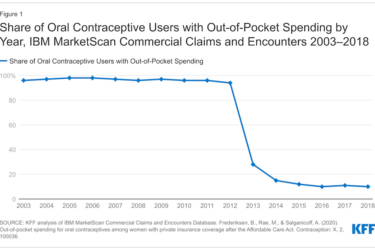
Houston Chronicle reporter Jenny Deam last year wrote an in-depth story about how a mill is closing in a Texas town cost people not only their livelihood but also their health coverage. Because the mill was so crucial to Cuero’s economy, that closure had ripple effects that overshadowed the beleaguered community.
Deam’s Aug. 8, 2016, story, “No job. No insurance. No chance at ‘Obamacare.’ No safety net in Texas. Welcome to Cuero,” is a sharp reminder that many of the uninsured are hard-working people – or at least they would be if the mill had not closed and left them without work and insurance.
Deam has written a “How I Did It’ story for AHCJ about how she uncovered the story. The project enabled her to provide an example of how the politics of the Affordable Care Act had made it impossible for unemployed mill workers in a “bright red corner of a red state” to obtain affordable coverage.
Texas, which has very low Medicaid eligibility rules, had opted out of Medicaid expansion enabled by the ACA. Because of this, most of the newly unemployed people in Cuero fell in a gap: not poor enough for Medicaid but unable to buy even unsubsidized coverage on an exchange where the competition had been whittled down to a single insurer. Moreover, Obamacare outreach never came to this remote community in conservative Texas, so even those potentially eligible for subsidized coverage were left in the dark.

Deam’s article draws us into how she stumbled on the story (and recognized it immediately) when she was researching another story altogether. It’s a compelling tale, especially given that some Republican-led states with Medicaid expansion have long wanted to create a work requirement for many recipients. This is a requirement that the Obama administration barred, but the Trump administration may allow as part of an eventual Obamacare repeal-and-replace package.








